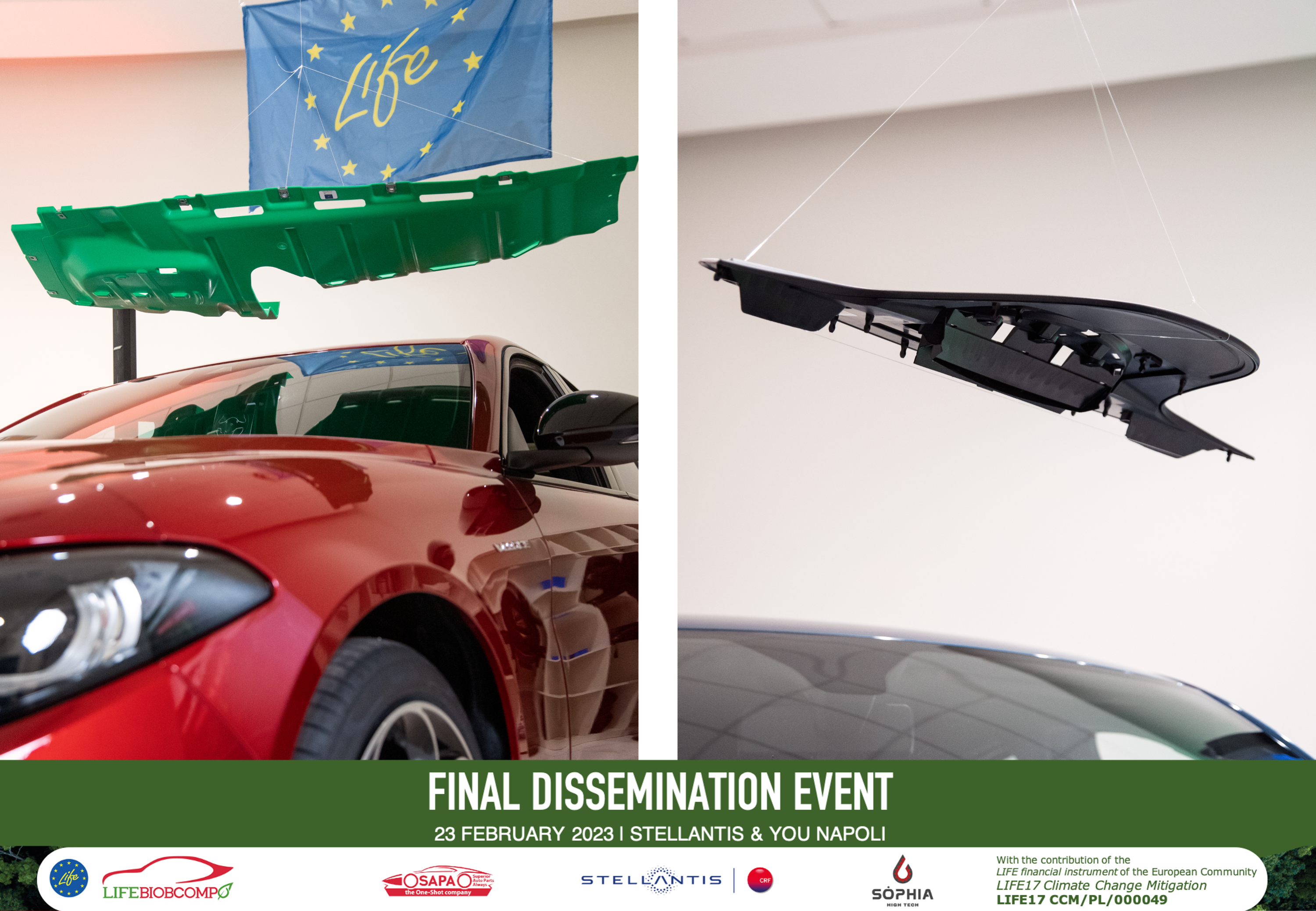
Impact of transportation
Transport is one of the main pollution emitting sectors, and the only one that continues to grow substantially. It was responsible for 25.8% of all greenhouse gases (GHG) emissions in the EU, with road transport accounting for almost 73% of these emissions. Of the road emissions, 44.5% were produced by passenger cars while 18.8% came from heavy-duty vehicles.
The type of engine is not the only way to reduce the environmental impact of transportation. Using lighter weight materials could lower GHG emissions, as a 10% reduction in vehicle weight has the potential to reduce fuel consumption by 6% – 8%, and since a lighter object needs less energy to accelerate compared to heavy ones, obviously, lightweight materials provide a better opportunity to enhance a vehicle’s fuel economy.
Furthermore, the legislative pressure at the EU level is favourable to utilising the innovative and lightweight materials in vehicle production, because it is pushing the whole sector to re-evaluate the entire supply chain and to explore which parts could be replaced by more sustainable solutions while not compromising the profitability for both producers and suppliers.
Simple equation
The project LIFE BIOBCOMPO follows the simple equation that a lower weight of vehicle equals less GHG emissions produced. Therefore, new innovative low density thermoplastic composites derived from renewable sources have been developed during the project’s lifetime.
The project’s achievements support the production of vehicles utilising the injection moulding process of lightweight biobased polymer composites as an alternative to conventional solutions. That leads to lower emission vehicles and a reduced environmental impact of the transport industry, because of the materials used in the process and the weight of the final component.
In addition to environmental benefits, the new materials ensure that the production costs of the innovative lightweight composites are viable and fully recyclable at the end of their lifecycle.
The innovation helps car producers in reaching the legislative requirements, end-users to reduce fuel consumption, and everyone to participate in mitigating the GHG emissions.
The SAPA group, the coordinating beneficiary, has not hesitated and is already improving the project’s results to achieve a production of almost 100% recycled parts. It shows that the legacy of the company, which started as handmade artisan work, in the constant development and tailoring of solutions to the requirements of each client, persists.
One-Shot method for the environment
(a message from the beneficiary - SAPA group)
It is a source of great pride that SAPA was the leader in this project, so important for the protection of the environment and for the automotive industry and that represents a real flagship for Poland and Italy, together with our One-Shot method. A special thanks goes to all the project partners, for their precious collaboration: FCA Italy, Centro Ricerche Fiat (Stellantis Group) and Sòphia High Tech.
- Project locations
- Poland
- Project website
- LIFE BIOBCOMPO
